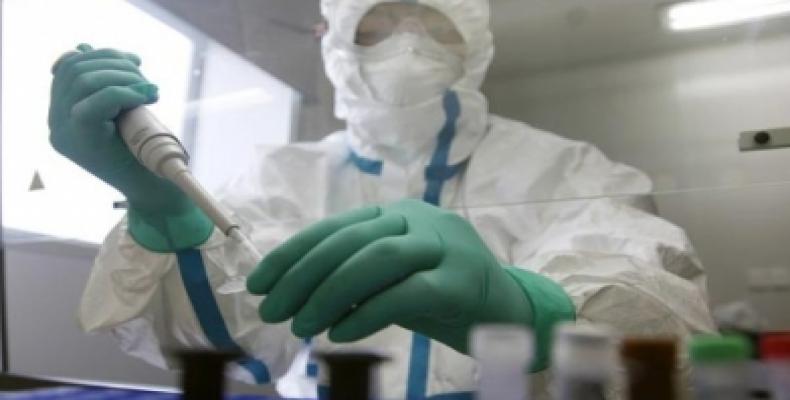"Such imported cases and similar events as have happened in Spain will happen also in the future, most likely," Jakab told reporters, adding, "It is quite unavoidable... that such incidents will happen in the future because of the extensive travel both from Europe to the affected countries and the other way around."
Jakab went on to say that European health workers were at the highest level of risk, but "the most important thing in our view is that Europe is still at low risk and that the western part of the European region particularly is the best prepared in the world to respond to viral hemorrhagic fevers including Ebola."
According to Spanish health officials, four other people, apart from Spanish nurse Teresa Romero, who are suspected of having contracted the virus, have been placed under quarantine in an attempt to prevent the spread of the virus.
On Tuesday, Romero, who treated two Ebola victims at a Madrid hospital, became the first person to contract the deadly virus outside of West Africa where the epidemic claimed the lives of thousands.
The Ebola death toll in West Africa has risen to over 3,400, with more than half of the victims in Liberia.
Ebola is a form of hemorrhagic fever whose symptoms are diarrhea, vomiting and bleeding. The virus spreads through direct contact with infected blood, feces or sweat. It can be also spread through sexual contact or the unprotected handling of contaminated corpses.


